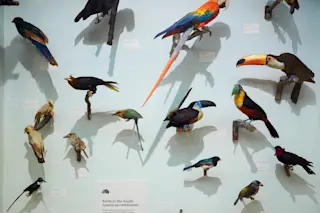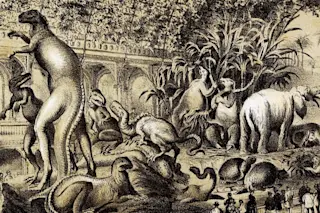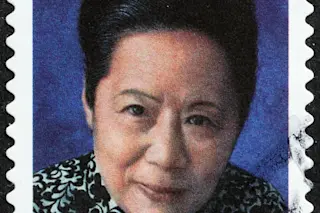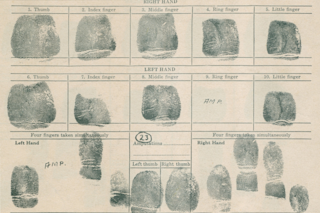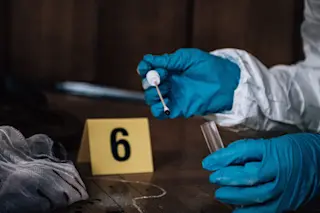A researcher working alone – apart from the world and the rest of the wider scientific community – is a classic yet misguided image. Research is, in reality, built on continuous exchange within the scientific community: First you understand the work of others, and then you share your findings.
Reading and writing articles published in academic journals and presented at conferences is a central part of being a researcher. When researchers write a scholarly article, they must cite the work of peers to provide context, detail sources of inspiration and explain differences in approaches and results. A positive citation by other researchers is a key measure of visibility for a researcher’s own work.
But what happens when this citation system is manipulated? A recent Journal of the Association for Information Science and Technology articleby our team of academic sleuths – which includes information scientists, a computer scientist and a mathematician ...


